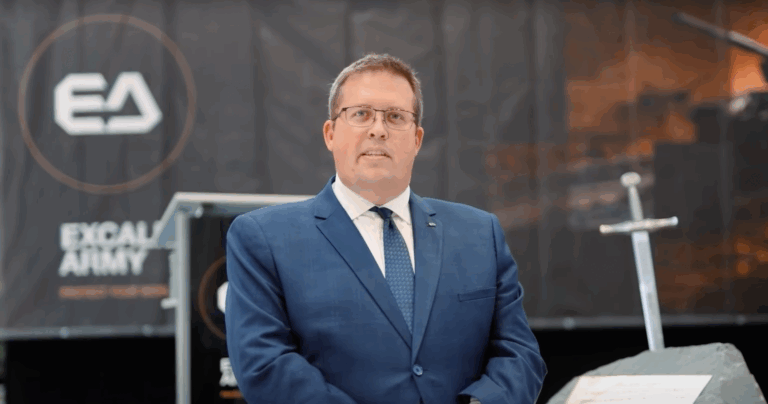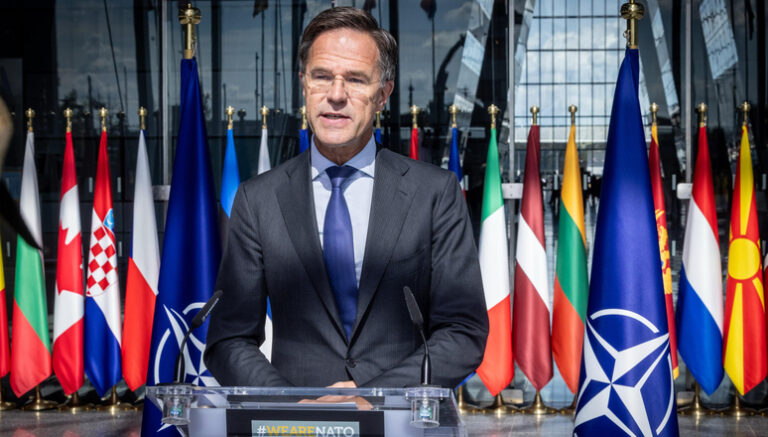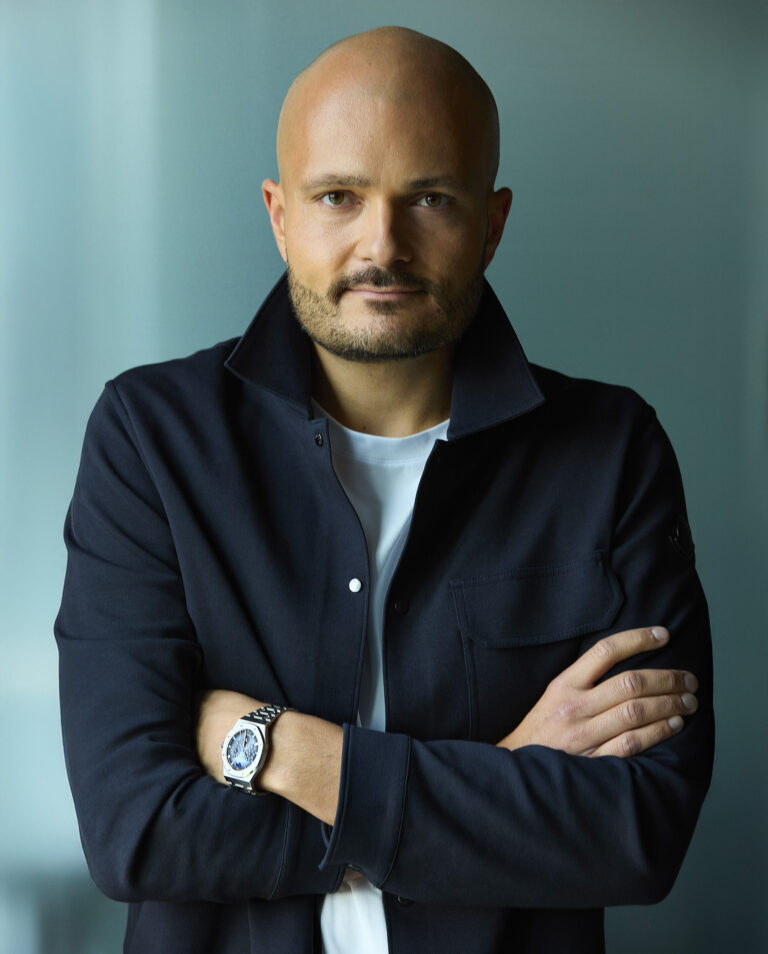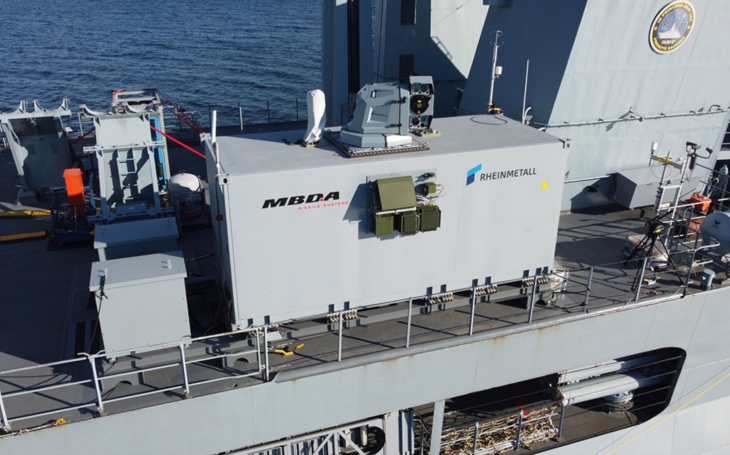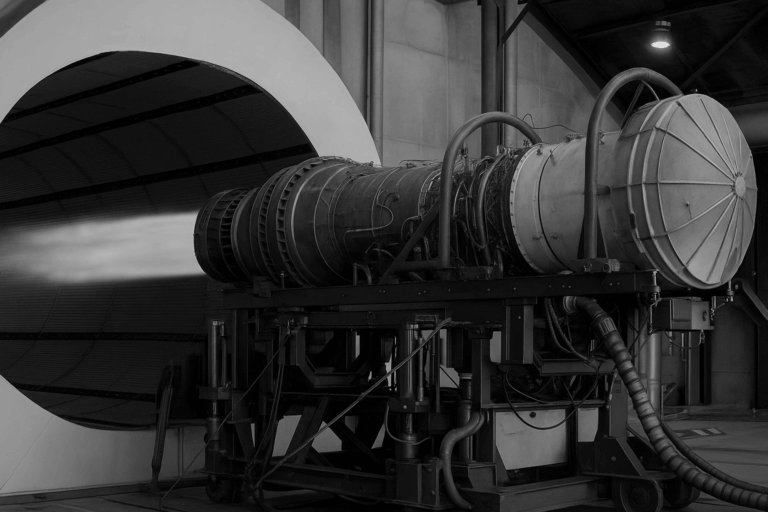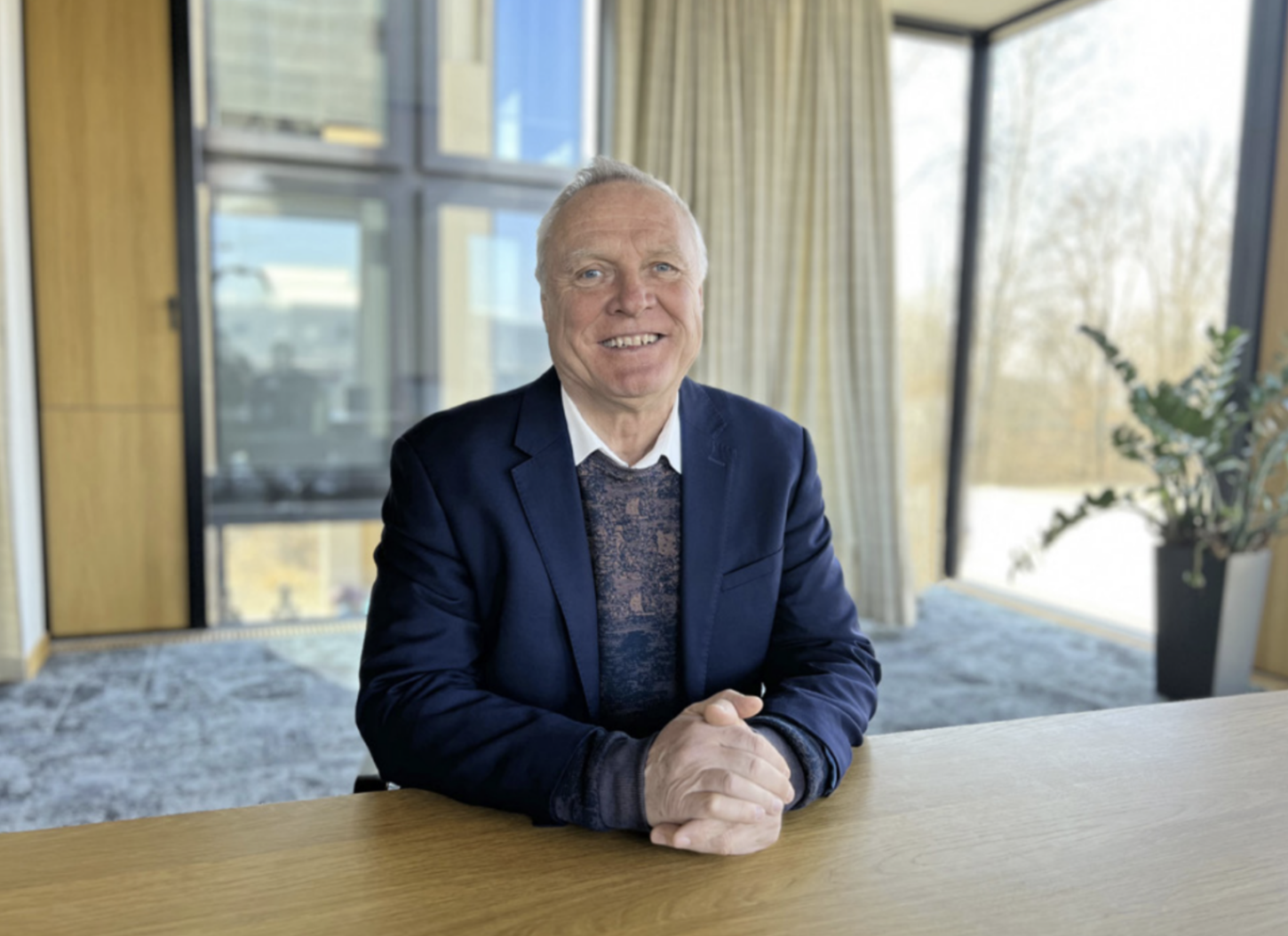
An Interview with Colonel (ret.) Petr Tichý and Major General (ret.) Bohuslav Dvořák on the Future Air Force Conference, Pilot Training, and Technologies Redefining Air Combat
The world of air power is at a turning point. Drones, artificial intelligence, and next-generation fighter jets are reshaping aerial warfare. But amidst all these advancements, one element remains irreplaceable: skilled personnel. How do we train the pilots and operators of tomorrow? What role does the Future Air Force Conference play in this transformation? We sat down with its founder, Major General (Ret.) Bohuslav Dvořák, to discuss the future of air power, the challenges of training, and why a jet is only as good as the pilot flying it.
General & Colonel, what inspired the creation of the Future Air Force Conference, and what are its main objectives?
The Future Air Force Conference (FAF) was launched in 2023, evolving from the earlier L-39 Users Group and Future Air Force Conference organized by Future Forces Forum. Organized by Future Forces Forum, DEFCON, and DALI, the conference serves as an international knowledge-sharing platform, bringing together military professionals, industry leaders, and academia to discuss the future of air forces.
We focus on pilot training, drone operator preparation, and the impact of new technologies on modern air power. Over the next few years, many air forces—including the Czech Republic’s—will transition to next-generation aircraft like the F-35 and potentially sixth-generation fighters. The main difference between fourth- and fifth-generation aircraft is the massive integration of AI, data-sharing technologies, and networked combat systems under concepts like Future Combat Air System (FCAS).
That’s where FAF comes in: discussing how technology, training, and human expertise will shape the future of air operations.
How is modern warfare—especially the conflict in Ukraine—shaping air force priorities?
We are witnessing a shift in how wars are fought. Conflicts like Ukraine have demonstrated the importance of integrated air and ground operations, real-time intelligence sharing, and rapid adaptability.
At FAF, we analyze how weapon systems are performing in real combat conditions and how air forces must adapt. We also examine the technological and scientific advancements impacting military strategy—especially in areas like artificial intelligence, electronic warfare, automation, and cyber warfare.
One major shift is the acceleration of the OODA loop (Observe, Orient, Decide, Act). AI and automated systems are speeding up decision-making, but they also raise serious ethical and legal questions—a topic we tackle at the conference.
How is pilot training evolving in this new landscape?
Traditionally, pilot training was the exclusive domain of the military, but today, the private sector is playing an increasing role. Companies like CAE, Leonardo, and LOM PRAHA are developing advanced simulation technologies to make training more cost-effective and realistic.
Live Virtual Constructive (LVC) training allows pilots to practice complex scenarios before ever stepping into a real cockpit. While nothing can replace actual flight hours, these simulations significantly reduce costs and improve efficiency.
But at the end of the day, a well-trained pilot remains the most critical asset—no matter how advanced the aircraft.
There is a growing shortage of military pilots. What can be done?
That’s a million-dollar question. The reality is, being a pilot isn’t as appealing to younger generations as it once was. We addressed this at FAF 2023, and one of the most interesting insights came from a representative of the Royal Jordanian Air Force, who shared unorthodox but effective retention strategies—let’s just say they wouldn’t exactly pass Western HR standards!
Young pilots want to fly, not sit behind a desk. Many are not excited by the prospect of becoming staff officers, even though those roles are vital. FAF facilitates the exchange of ideas—both through formal presentations and informal discussions. Some solutions might work, others might not, but hearing what’s working in other air forces is always valuable.
International cooperation is key in modern air warfare. How does FAF support this?
Air forces have always relied on collaboration. It’s no coincidence that the Czech Air Force was the first branch to fully integrate into NATO. Programs like cross-servicing, joint exercises, and events like Tiger Meet are essential for improving interoperability.
FAF contributes by simply existing—it brings together over 100 representatives from air forces, NATO, EDA, the defense industry, and academia. These three days of intense discussions and networking often lead to real-world cooperation.
And, of course, our social events help strengthen these relationships—last year, we hosted an event at the National Technical Museum in Prague, showcasing Czech aviation history.
What is your vision for the Future Air Force Conference in the next 10–20 years?
I am very optimistic. The Czech Republic is making smart decisions—transitioning to the F-35, acquiring new helicopters, transport aircraft, radars, and air defense systems. We will have an air force to be proud of.
But technology alone doesn’t win wars—well-trained personnel do. That’s why FAF remains crucial. In the future, we plan to expand beyond just pilot training—to include drone operators, cyber specialists, and space operations experts.
I hope FAF becomes a must-attend event for air force professionals worldwide—a place where they get fresh insights, make new contacts, and exchange perspectives. The ultimate goal? Stronger cooperation among all stakeholders.
ABOUT THE AUTHORS
Major General (Ret.) Bohuslav Dvořák Former Deputy Chief of the General Staff of the Czech Armed Forces, Commander of Kabul International Airport, and expert in air operations.
Colonel (Ret.) Petr Tichý Co-author, aviation expert, and FAF’s voice of reason (and sometimes chaos).
Interviewed and edited: Kateřina Urbanová
Photo Credit: Bohuslav Dvořák



